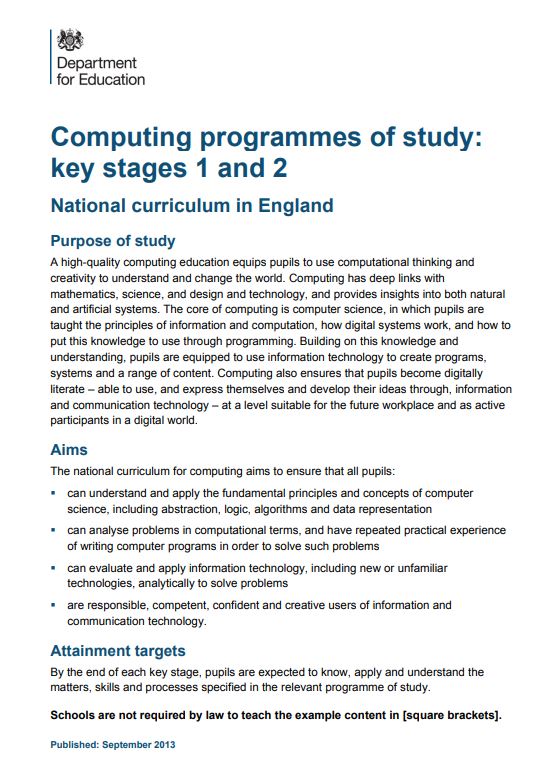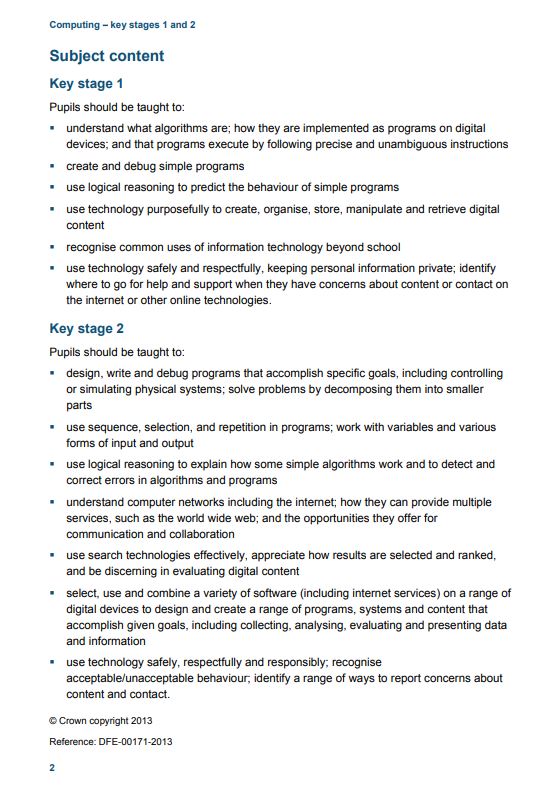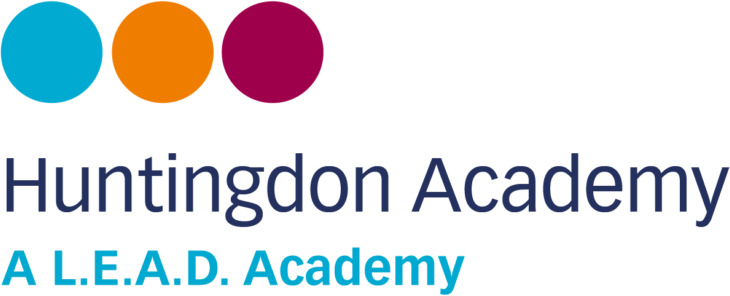Welcome To Computing
Welcome to computing at Huntingdon. On this page you will find out the key information about the leadership, design and implementation of our computing provision. Computing at Huntingdon is led by Miss Andrew.
Our link governor for computing is Joal Hos.
The computing ambassadors are; Reon and Aryan.

We believe that a high-quality computing curriculum equips pupils to use creativity to understand and change the world. We aim to prepare pupils for a future in an environment shaped by technology.
Subject overview
Our high-quality computing education equips pupils to use computational thinking and creativity to understand and change the world. While computing has many cross-curricular links, the core of computing is computer science. Pupils are taught the principles of information and computation, how digital systems work, and how to put this knowledge to use through programming.
The curriculum builds on a progression of knowledge, skills and understanding and enables children to gain a wide range of computing vocabulary.
The computing policy for Huntingdon Academy can be found here:
National Curriculum


Computing Pedagogy
Throughout their education the children are provided opportunities discuss, explore and gain confidence in using technology. Our whole school approach to Computing is as follows:
- Skills are being embedded with progression through the year groups in the three areas of the curriculum (computer science, information technology and digital literacy).
- E-safety is embedded into the curriculum of each year group to ensure that children have a clear understanding of how to use technology safely. We have a duty of care to ensure that children become equipped to use information technology to create programs, systems and a range of content.
- The curriculum enthuses and excites the children while providing appropriate challenge
- Teachers provide children the opportunity to ask questions or raise concerns about the use of technology.
- Our curriculum ensures pupils become digitally literate by the end of their education and able to express themselves through information and communication technology.
- Our pupils are equipped with skills, strategies and knowledge to reap the benefit of the online world whilst minimising risk to themselves or others
The progression of computing at Huntingdon can be found in the document below
Online safety
- Online safety has a high profile at Huntingdon Academy for all stakeholders. We ensure this profile is maintained and that pupil needs are met by the following:
- Relevant up-to-date online safety curriculum which is progressive from Early Years to the end of Year 6.
- A curriculum that is threaded throughout other curriculums and embedded in the day-to-day lives of our pupils.
- Training for staff and governors which is relevant to their needs and ultimately positively impacts on the pupils.
- Scheduled pupil voice sessions and learning walks steer changes and inform training needs.
- Through our home/school links and communication channels, parents are kept up to date with relevant online safety matters, policies and agreements. They know who to contact at school if they have concerns.
- Pupils, staff and parents have Acceptable Use Policies which are signed and copies freely available.
- Our online safety policy (part of our safeguarding policy) clearly states how monitoring of online safety is undertaken and any incidents/infringements to it are dealt with.
- Filtering and monitoring systems for all our online access.
Useful Links
Coding – why not try your hand at some coding on the below websites.
Inclusive lessons
While lessons are accessible for a range of abilities some children with additional needs require different resources and approaches. Teachers carefully consider each child’s barriers and plan to overcome these with a range of strategies. Learners benefit from a range of scaffolding approaches.
Learners are encouraged to take ownership of their learning with strategies such as Brain, Board, Buddy, Google and Boss. If a learner struggles with complex multi step problem solving they have additional support which can be slowly removed when they are more confident.
Huntingdon Academy empowers individuals with their high expectations of the children. By building relationships with learners, identifying opportunities to connect, empower and challenge each child.
The learning environment is used as a method to promote collaboration and hands-on activities. Visuals are used to appeal to a range of learners interests and backgrounds.
All children have the opportunity for practical activities encouraging the children to visualise solutions.

